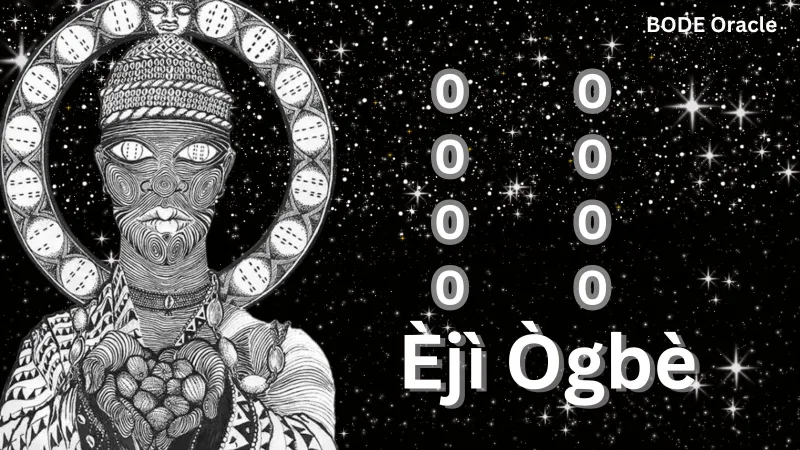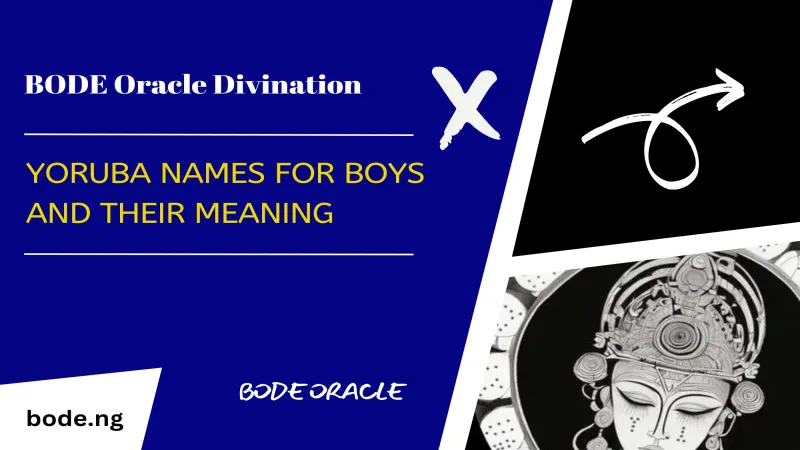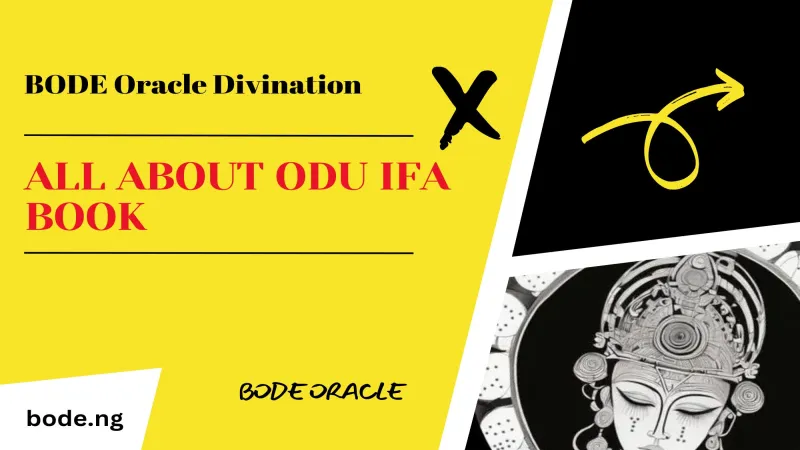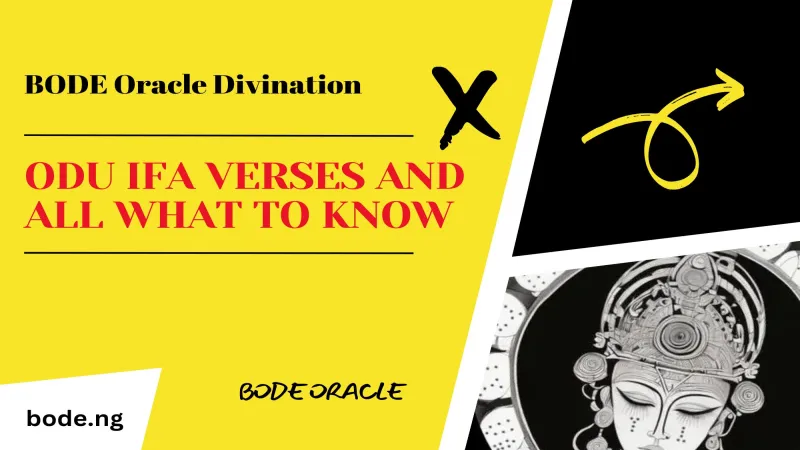Eji Ogbe, also known as Baba Ifá, represents the entirety of both the known and unknown. It embodies the forces that control the day, symbolized by the light of a white hole.
Eji Ogbe signifies life and an energetic awakening, ruling over the head and facing the east. It is strongly connected to water, considered the fundamental element, earning it the title "Father of the Elements."
Eji Ogbe also governs the brain and the nervous system. Referred to as Baba Ifá, meaning the father of all other Odu Ifá, Eji Ogbe holds a prominent position within Ifá and Orisa practices.
This is reflected in the saying "Eji Ogbe, Baba Ifá," which emphasizes its role as the origin of all Ifá wisdom. Eji Ogbe is considered male in gender, solidifying its status as a masculine Odu Ifá.
The dominant physical elements of Eji Ogbe are water (Omi) and air (Afefe), with water being the primary element associated with this Odu.
Eji Ogbe governs the ori, or head, of human beings, particularly focusing on the brain and cognitive faculties. It is traditionally believed that Eji Ogbe has control over the head, brain, and other aspects related to human thought and reasoning.
While some Babalawo and Orisa devotees have held the view that Eji Ogbe influence is confined to the east, this is a misconception.
In reality, Eji Ogbe sphere of influence extends in all directions—north, south, east, and west. Eji Ogbe is regarded as a powerful force capable of solving both spiritual and physical problems.
People Also Read
All About The 16 Odu Ifa And Their Meaning
Eji Ogbe Odu Ifa Deep Meaning
When Eji Ogbe appears during divination, it indicates that the individual is in alignment with Olodumare, the Creator, reflecting a deep harmony with their destiny.
Ifá teaches the principle "Ayanmo ni iwa pele, iwa pele ni ayanmo," which translates to "Destiny is good character, and good character is destiny." This underscores the importance of character in fulfilling one's destiny.
People influenced by Eji Ogbe are often destined to become travelers, pioneers, sailors, or leaders of organizations.
This Odu highlights the constant interaction of both good and evil forces, showing that the positive and negative aspects of life are interwoven into the journey toward destiny.
The dual nature of Eji Ogbe reminds us that for every positive outcome, there is a balancing negative force, and maintaining equilibrium is crucial.
This is why, even when we seek the energy of Eji Ogbe, we must perform ebo (sacrifices) to protect ourselves from any potential negative consequences.
Eji Ogbe also teaches that time is a great healer and that spiritual growth often demands sacrifice, symbolized by the idea of "cutting off one's head to grow, like the banana tree."
Through the wisdom of Eji Ogbe, victory over adversaries, spiritual awakening, long life, and inner peace are achievable. Eji Ogbe represents the driving force of expansion, evolution, and ascension.
Read More
It symbolizes the birth of life and opens the path to knowledge through objective understanding. Eji Ogbe evokes the light that illuminates both the physical and spiritual realms, embodying the power of pure thought.
It is an endless source of wisdom capable of lifting the human spirit above life's challenges. In Eji Ogbe, the power of spoken words reaches its peak.
This Odu teaches that the interplay of good and bad is essential to the fulfillment of destiny. One interpretation of Eji Ogbe is "eji n mo gbe n go gbe enikan"—"I support both the positive and negative aspects of every matter in life."
The primary blessings (ire) of this Odu are success and honor, but it emphasizes the need for moderation in all things. Every positive must be balanced by its negative counterpart, which is why, while we strive to embrace the energy of Eji Ogbe, sacrifices (ebo) are necessary to guard against any adverse effects.
A core teaching of this Odu is that anything is possible. Hope, faith, gratitude, discipline, and hard work will ultimately lead to success.



